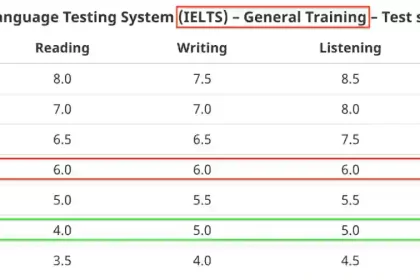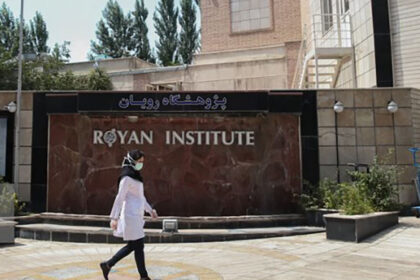Researchers have developed a new method for finding appropriate treatment for young patients with cancer.
According to RCO News Agency, A Pan -Canadian group has devised a new way to quickly find personal treatments for young patients with cancer. They achieved this new method by growing cancer tumors in the egg and analyzing their proteins.
The group, led by researchers at the University and Research Institute of Children’s Hospital, is the first group to combine these two methods in Canada to identify and test the drug for a young patient at the time of treatment.
Their success in finding a new drug for the patient shows how the study of proteins called proteumics can be a valuable supplement to the study of genomic (genomic) in cancer therapies.
Proteomix: Complementary approach to identify treatment
While genes carry protein -making instructions, proteins themselves are the functional units of our cells. Most drugs work by changing the activity of protein, so the researchers wondered whether proteomics could reveal the hidden weaknesses of the tumors that genetic tests alone may be incapable of discovering.
After the standard chemotherapy failed and the tumor was resistant to the drug selected by genomics, the researchers turned to proteomix and found that the tumor metabolism relies heavily on an enzyme called SHMT۲.
The strategy of the researchers was to use sertraline, a common antidepressant, to inhibit SHMT2 and discontinue tumor access to a key energy source.
Tumor reproduction in eggs
The group used a method to test their idea, including the growth of a small piece of patient tumor on the egg that acts as a host for the tumor. The growth of an identical tumor outside the patient’s body gave them a way to test the personalized drug response within a few weeks.
This method speeds up the evaluation process of a treatment option in such a way that it is not possible to traditional methods. It can be quickly confirmed whether the drug we have identified through proteomix can really be effective for the patient’s tumor.
Encouraging results, but need to study further
The results were promising but not enough. After the beginning of the sertraline treatment, the tumor’s growth slowed, but it did not stop, which means that additional treatment is still needed.
While there is further study of conducting, this study shows that the researchers’ approach can provide personalized therapeutic recommendations at a speed to help patients with rare cancers.
The end of the message
(tagstotranslate) Egg (T) Cancer
RCO NEWS


















